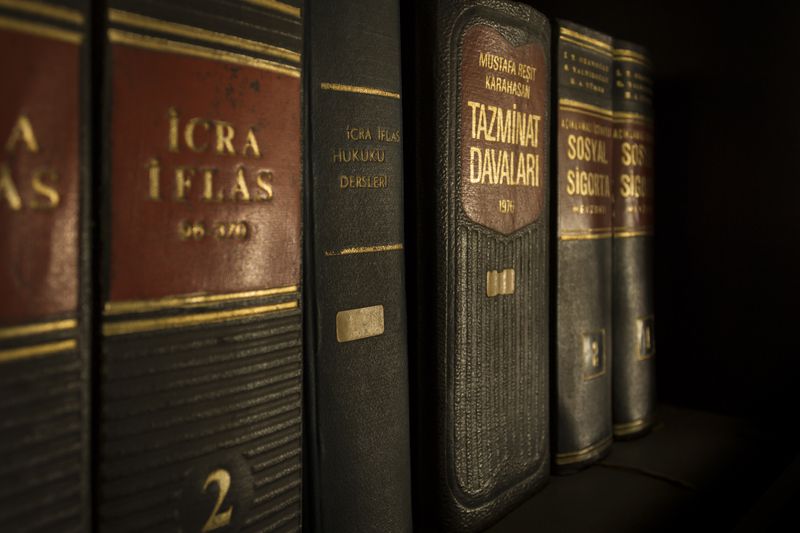Parole Board Grants Rare Hearing for Jon Venables, James Bulger’s Killer
The Tragic Story of James Bulger
On February 12, 1993, the nation was shocked by the brutal murder of two-year-old James Bulger. James was snatched from a shopping center in Bootle, Merseyside, by his young killers, Jon Venables and Robert Thompson, who were only 10 years old at the time. After abducting James, they tortured and killed him before abandoning his mutilated body on a railway line. The heinous crime forever scarred the memory of the nation and sparked a nationwide discussion about the nature of evil and the responsibility of society to protect its most vulnerable members.
Release and Recapitulation: Controversy Surrounding Venables’ Parole
Following their conviction, Thompson and Venables were sentenced to life in prison but were later released on license with new identities in 2001. However, Venables found himself back behind bars in 2010 and 2017 for possessing indecent images of children. Now, at the age of 40, Venables has been granted a rare parole board hearing, raising the possibility of him being released from prison by Christmas.
The Complexity of Parole Decisions
The decision to grant Venables a parole hearing has sparked controversy and public debate. Critics of the decision argue that the heinous nature of the crime and Venables’ subsequent conviction for child abuse make him unfit for release. However, the parole board operates on a different set of principles. It takes into account factors such as the risk the prisoner poses to the public if released and whether that risk can be managed in the community. The board also considers evidence of behavioral change and the impact of the crime on the victims and their families.
The Importance of Open Justice
One point of contention in this case is the decision to hold the parole hearing in private. Many argue that the principle of open justice should prevail in cases of such public interest and importance. By conducting the hearing in private, the parole board denies the public the opportunity to witness the proceedings and scrutinize the decision-making process.
Protecting the Public: Parole Board’s Priority
In response to the concerns raised, a spokesperson for the Parole Board emphasized that the primary focus of parole decisions is the safety of the public. They stated that the parole board undertakes parole reviews thoroughly and with extreme care. The process involves a panel carefully examining a vast amount of evidence, including details of the original crime, reports on behavioral change, and victim impact statements. Witnesses such as probation officers, psychiatrists, and psychologists also provide evidence during the hearing. The purpose of this meticulous examination is to ensure that any risk posed by the individual can be managed effectively in the community.
Editorial: The Complexity of Parole Decision-Making
Balancing Justice and Rehabilitation
The case of Jon Venables presents a complex dilemma for the parole board. On the one hand, there is the need for justice and accountability for a heinous crime that shocked the nation. On the other hand, there is the recognition that individuals can change and rehabilitate. The purpose of incarceration should not solely be punishment but also the possibility of reform and a chance to reintegrate into society while ensuring public safety.
The Challenges of Rehabilitation
Assessing the potential for rehabilitation in cases like Venables’ is incredibly challenging. The severity of the crime, the presence of repeated offenses, and the public outrage add complexity to the decision-making process. However, it is essential to remember that the parole board’s role is to make decisions based on rigorous evaluation and careful consideration of all available evidence.
The Role of Society and Preventing Recidivism
While the focus is often on the individual being considered for parole, society as a whole must take responsibility for the prevention of further crimes. This includes providing effective rehabilitation programs, mental health support, and addressing the root causes of criminal behavior. Merely locking individuals away without offering them a path to change and growth risks perpetuating a cycle of violence and retribution.
Advice: Reflecting on the Parole Decision
Public Engagement and Transparency
The parole hearing for Jon Venables serves as a reminder of the importance of public engagement and transparency in the criminal justice system. By allowing the public access to the proceedings, it provides an opportunity for trust, accountability, and scrutiny. Open justice can help society understand the complexities of parole decisions and contribute to informed discussions about rehabilitation and public safety.
Support for Victims and Their Families
In cases involving such heinous crimes and unimaginable pain, it is crucial for society to remember and support the victims and their families. Their voices must be heard and their experiences acknowledged. This includes providing access to services that help them heal and cope with the lifelong impact of the crime.
Continuing the Conversation on Criminal Justice
The case of Jon Venables is not just about one individual; it raises broader questions about our criminal justice system. It prompts us to reflect on the purpose of punishment, the potential for rehabilitation, and the societal responsibility to prevent future crimes. By continuing the conversation on criminal justice, we can strive for a system that balances justice, rehabilitation, and public safety.

<< photo by Pixabay >>
The image is for illustrative purposes only and does not depict the actual situation.
You might want to read !
- Exeter City’s Strategic Approach: Treating the EFL Trophy as a Platform for Development
- Introducing EA Sports FC 24: An Inside Look at the Web App Release, Features, and More
- London Police Officer Charged with Murder in Shooting of Chris Kaba
- Title: Examining the Murder Charge Against the London Police Officer Involved in the Chris Kaba Shooting
- The Legacy of Barry Bennell: Examining the Dark Side of Football




